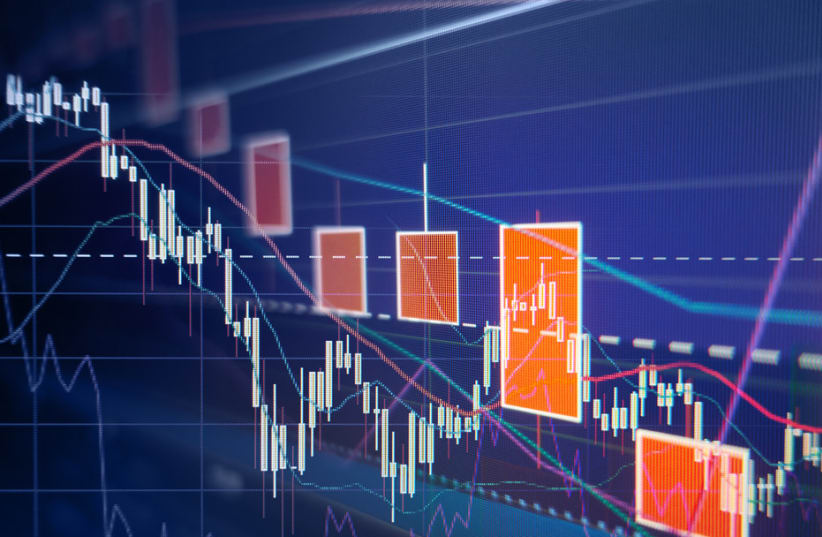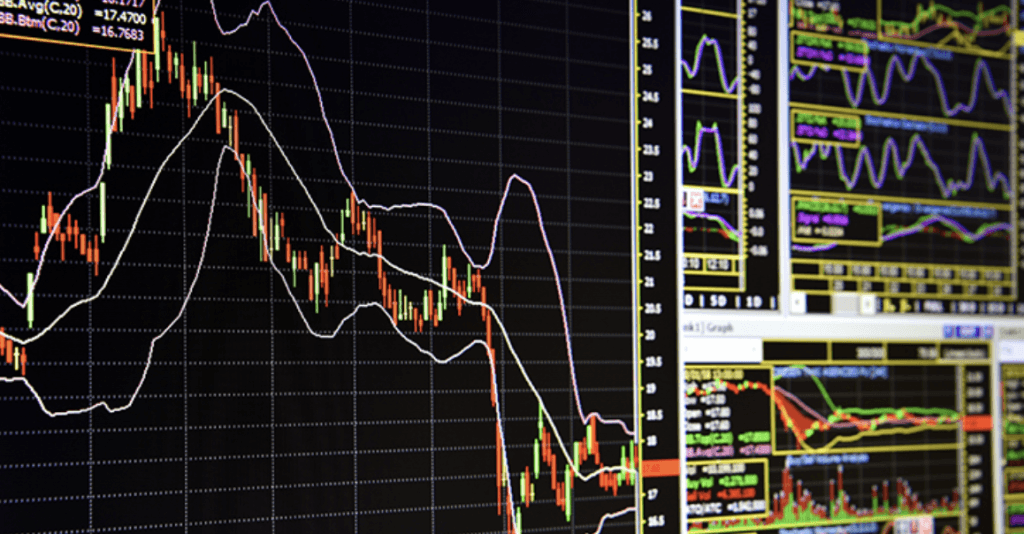Navigating the foreign exchange market (Forex) can be both exciting and intimidating, especially for beginners. One crucial aspect is choosing between a demo and a real account. Understanding the distinctions between these account types empowers traders to make informed decisions that align with their trading goals and risk tolerance. In this article, we will delve into the key differences between Forex demo and real accounts, guiding you towards a successful trading experience.

Image: www.jpost.com
Forex Demo Account: A Simulated Trading Environment
A Forex demo account simulates live trading conditions without involving real funds. It allows traders to practice trading strategies, familiarize themselves with the trading platform, and refine their skills without incurring financialrisks. Demo accounts are typically funded with virtual currency, providing traders with the freedom to experiment and explore different trading scenarios without the pressure of losing real money.
Benefits of a Forex Demo Account:
- No financial risks involved, enabling risk-free exploration of trading strategies.
- Practice platform navigation, order execution, and market analysis techniques.
- Experiment with different trading styles and risk management approaches.
- Gain confidence and build trading knowledge before transitioning to a real account.
Forex demo accounts are highly recommended for beginners or traders looking to test new strategies without risking capital. However, it’s important to note that demo accounts do not fully replicate the emotional and psychological aspects of real trading, where actual funds are at stake.
Forex Real Account: Trading with Real Currency
Forex real accounts allow traders to buy and sell currencies using actual funds. With a real account, traders experience the full range of emotions, market conditions, and potential profits and losses. Trading on a real account requires a thorough understanding of risk management principles and a disciplined approach to ensure capital preservation.

Image: www.forexnewsnow.com
Considerations for a Forex Real Account:
- Actual financial risks are involved, so it’s crucial to trade cautiously and manage risk effectively.
- Requires a minimum deposit to fund the account, which varies depending on the broker.
- Provides access to live market data, enabling real-time trading decisions.
- Offers the potential for substantial profits, but also carries the risk of financial losses.
Forex real accounts are suitable for experienced traders with a clear trading plan, a solid understanding of market analysis, and a robust risk management strategy. It’s essential to trade responsibly and allocate funds that can be potentially lost without compromising financial stability.
Making the Right Choice: Demo vs. Real Account
The decision between a Forex demo and a real account depends on individual needs, risk appetite, and trading goals. For beginners, demo accounts provide a safe and cost-effective environment to learn, practice, and develop trading skills. Experienced traders may prefer real accounts to capitalize on trading opportunities and earn potential profits. Ultimately, the choice between these two account types should align with the trader’s knowledge, risk tolerance, and financial goals.
Expert Advice for Choosing the Right Account Type:
- Beginners: Start with a demo account to gain experience, build confidence, and test strategies before transitioning to a real account.
- Experienced Traders: Transition to a real account once you have developed a consistent trading strategy, mastered risk management principles, and are confident in your trading abilities.
- Risk-Averse Traders: Stick to demo accounts for practice and experimentation, or consider a real account with a small deposit and a conservative risk management approach.
- Aggressive Traders: Real accounts with larger deposits may be suitable for aggressive traders with a high risk tolerance and a proven track record of successful trading.
Difference Between Forex Demo And Real Account
FAQs about Forex Demo and Real Accounts
Q: What is the purpose of a Forex demo account?
A: A Forex demo account provides a risk-free environment for practicing trading strategies, testing the trading platform, and gaining experience without incurring financial losses.
Q: Is a Forex demo account similar to a real account?
A: Yes, demo accounts simulate live trading conditions, including real-time market data, order execution, and trading tools. However, they do not involve actual financial risks.
Q: When should I switch from a demo to a real account?
A: The transition to a real account is recommended when you have gained sufficient knowledge, developed a consistent trading strategy, and are comfortable managing financial risks.
Q: What is the minimum deposit required for a Forex real account?
A: The minimum deposit amount varies depending on the Forex broker. It’s important to choose a broker that offers a minimum deposit that aligns with your financial situation and risk tolerance.
Q: Can I make money with a Forex demo account?
A: No, you cannot make real profits with a Forex demo account because it involves virtual funds. However, demo accounts allow you to test strategies, refine your skills, and develop confidence before transitioning to a real account.
In conclusion, understanding the key differences between Forex demo and real accounts is essential for successful trading. Whether you choose a demo or a real account, it’s crucial to approach trading with a disciplined mindset, a comprehensive understanding of risk management, and a commitment to continuous learning. Are you ready to delve into the exciting world of Forex trading?






